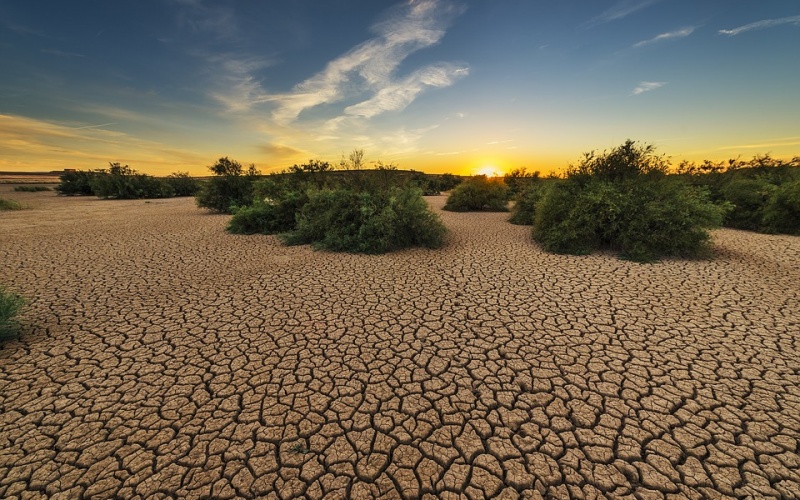Experts have warned that a combination of climate change and bad resource management could cause severe drinking water shortages in Morocco.
This is even as the North African country continues to experience its worst drought in 40 years, a situation which Policy expert, Abderrahim Hendouf describes as unprecedented.
“The country hasn’t seen a situation like this since the start of the 1980s,” he said. A
According to reports, Moroccans have access to just 600 cubic metres of water per person per year, which is way below the 2,600 cubic metres they enjoyed in the 1960s. This supports the United Nations’ definition of water scarcity which occurs when supplies drop below 1,000 cubic metres per person annually.
The decline in supplies in Morocco is said to be caused by both environmental factors, high demand and over-exploitation of groundwater for farming.
Read also: Guterres says Ukraine war threatens global heating goals
In a recent report for the Moroccan Institute for Policy Analysis, Amal Ennabih, who specialises in Agriculture, Irrigation, Environment wrote that “Morocco’s water scarcity is deeply linked to the way water is used in irrigation, consuming around 80 per cent of Morocco’s water annually”.
Morocco’s water minister, Nizar Baraka had told parliament in mid-March that while it was usually farmers who bore the brunt of repeated droughts in the North African kingdom, today water supplies to cities are under threat.
Morocco has had little rain since September and authorities say its reservoirs have received just 11 per cent of what they would in an average year.
Responding, Abdelaziz Zerouali, the water ministry’s head of research and planning, said “That’s a worrying sign and some pre-emptive measures had been taken to mitigate the risks”.
The government had in February also released a package of around one billion euros in aid to the beleaguered agricultural sector, which makes up some 14 per cent of GDP and is the top employer in the Moroccan countryside.
Story was adapted from phys.org.
